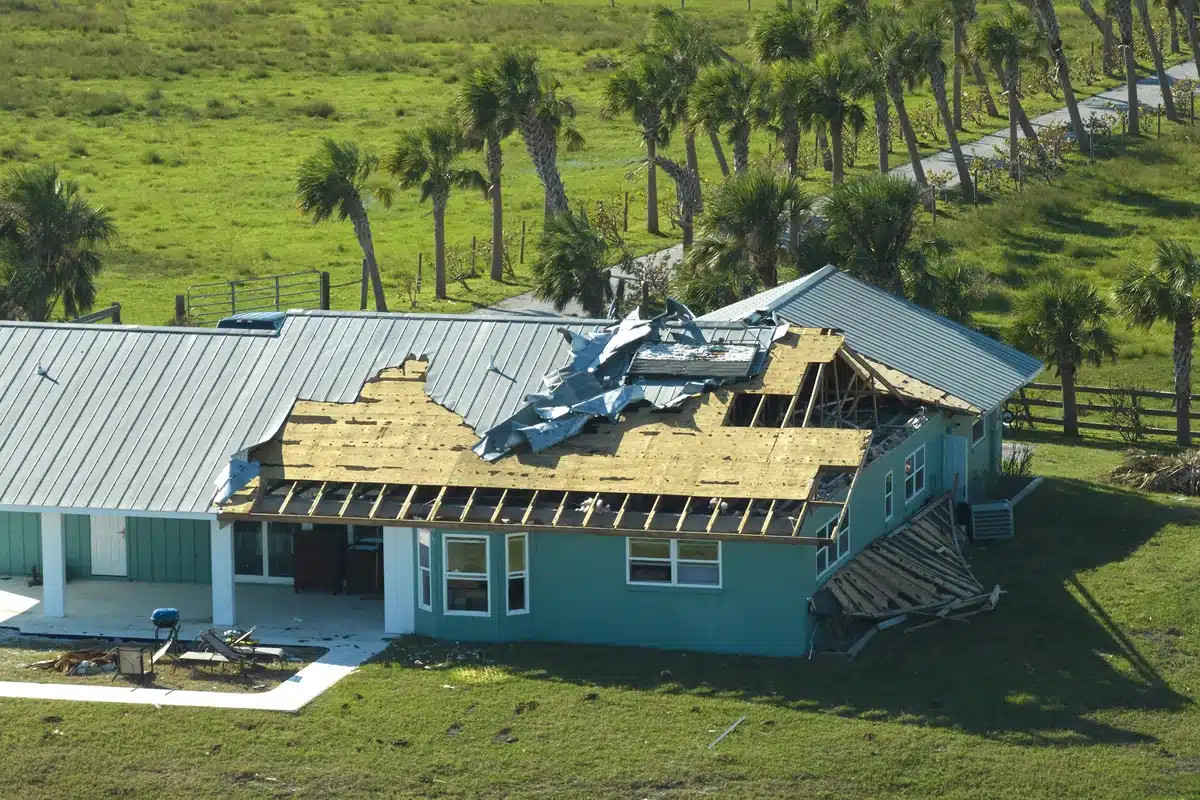
You pay your insurance premiums on time. In turn, you rightfully expect coverage when your home or business is damaged by a covered peril. Unfortunately, too many policyholders run into serious problems. Bad faith insurance practices by insurance companies continue to happen. At Insurance Claim HQ, we hold insurers accountable for bad faith. Here, our New Orleans bad faith insurance attorney explains how to protect your rights against a bad faith denial.
Bad Faith Denial of Insurance Claims: Understanding the Basics
Broadly defined, a bad faith insurance denial occurs when an insurance company unjustifiably refuses to honor a valid claim under your policy. It can happen in a wide range of different contexts—including homeowner’s insurance claims. As there are state regulations in place that compel insurance to use good faith settlement practices, an insurance company may be liable for bad faith conduct. The policyholder subject to a bad faith denial may be entitled to recovery:
- The full value of their initial property insurance claim
- Additional compensation in the form of bad faith damages.
Common Examples of Bad Faith Insurance Claims Process
Bad faith insurance practices can come in a wide variety of different forms. They can happen at any stage of the property insurance claims process—from the initial filing of a claim to settlement negotiations to a denial. Here are some of the most common examples of bad faith insurance claims that may arise in property damage cases in New Orleans:
Failing to Properly Investigate the Claim:
An insurance company cannot adequately assess—and value—a claim without a comprehensive investigation. When you file an insurance claim, the company is obligated to conduct a thorough (timely) investigation of the incident. Failure to investigate is a form of bad-faith conduct. It occurs when the insurer neglects their duty—perhaps by ignoring key evidence or because they did not adequately assess the extent of the loss. The lack of proper investigation can lead to unjust claim denials or an unfairly low settlement offer. In some cases, insurers may intentionally delay the investigation to frustrate policyholders into accepting a lower payout. That is bad faith.
Misrepresenting Pertinent Facts:
It is wholly inappropriate for an insurance company to materially misrepresent key details related to the claim, the claims process, or the policy itself. An insurance company acts in bad faith when it misrepresents important information related to your policy or claim. As an example, an insurance company that provides misleading interpretations of policy terms when explaining the coverage may be acting in a bad faith manner. By distorting the facts, insurers can wrongfully deny claims or reduce the amount they have to pay.
Offering an Unreasonably Low Settlement:
Insurers are expected to offer fair compensation based on the terms of the policy and the extent of the damage incurred. A bad faith action occurs when an insurance company deliberately offers a settlement that is significantly lower than what is warranted. It is a tactic that pressures homeowners into accepting less than they deserve, often during times when they are most vulnerable.
Denying Coverage Without Cause:
An insurance company must have valid reasons, supported by policy terms and factual evidence, to deny a claim. Denying coverage without just cause is a clear example of bad faith. This can happen if the insurer falsely asserts that the damage isn’t covered or wrongly accuses the policyholder of violating policy conditions. Unjust denials leave homeowners without access to the funds they need for repairs.
Failing to Pay Timely Settlement:
An unreasonable delay of property insurance benefits could, by itself, be a form of bad faith. Delayed settlements can hinder your ability to make repairs, potentially exacerbating property damage and increasing overall costs. In some cases, insurers might delay payment to pressure policyholders into accepting a lower amount. Property insurance companies must be held accountable for unjustified delays.
Bad Faith Insurance Claims are Governed By State Law
Property insurance claims are largely regulated at the state level. Bad faith insurance claims are no exception. Notably, every U.S. state has some form of bad-faith insurance law in place. For example, under Louisiana state law (Louisiana Revised Statutes Tit. 22, § 1973), insurance companies have a general duty to use good faith settlement practices. For homeowners in New Orleans, state law provides protections against unfair insurance practices. It also provides an avenue to hold the insurance company accountable for the violation of your rights. If you believe your claim was denied in bad faith in Louisiana, an experienced New Orleans bad-faith insurance lawyer can help.
What to Do to Protect Your Rights (Bad Faith Insurance Denial)
How do you protect yourself against a bad-faith property insurance denial? The short answer is that a proactive approach is a must. You need to take immediate action to protect your rights and your interests. Although facing a bad-faith insurance denial can be daunting, homeowners have legal options available. Here are five steps to take to protect yourself against a bad-faith denial:
- Review Your Insurance Policy Thoroughly: If you suspect a bad faith denial, you should begin by carefully reading your insurance policy. Knowing the specifics of your policy will help you determine if the denial is unjustified and on what grounds you can challenge it.
- Always Document Everything: Evidence is key to challenging a bad-faith insurance denial. You should keep detailed records of all interactions with your insurance company. Among other things, this includes emails, letters, and notes from phone conversations.
- Communicate in Writing: Whenever possible, communicate with your insurer in writing. Written correspondence creates a paper trail that can be invaluable if you need to provide evidence of the insurer’s bad-faith actions. Be clear and concise.
- Consult with an Attorney: Bad faith property damage denials are especially complex. You need strong, experienced legal representation. A New Orleans attorney who has handled bad-faith insurance claims can help you determine the best course of action.
- File a Bad Faith Claim: You have the right to file a bad faith claim against your property insurance company. Beyond that initial value of your claim, additional damages may be available through a successful bad faith case.
Why Trust Insurance Claim HQ to Find a Bad Faith Insurance Attorney
Facing a bad faith denial of property insurance benefits is frustrating, stressful, and can put a serious strain on your family. Insurance companies must be held accountable for bad faith practices.
At Insurance Claim HQ, we have a proven record of client testimonials and case results that demonstrate what our attorneys can do for policyholders.
Schedule Your Free Case Evaluation With Our Top-Tier New Orleans Bad Faith Lawyer Today
At Insurance Claim HQ, our New Orleans bad faith insurance attorneys are aggressive, experienced, and justice-focused advocates for homeowners and commercial property owners. If you have any questions or concerns about protecting yourself from a bad-faith insurance denial, we can help.
Contact us now for a no-fee, no strings attached case assessment. Our firm represents property owners in bad faith insurance claims in New Orleans and throughout the wider region.
